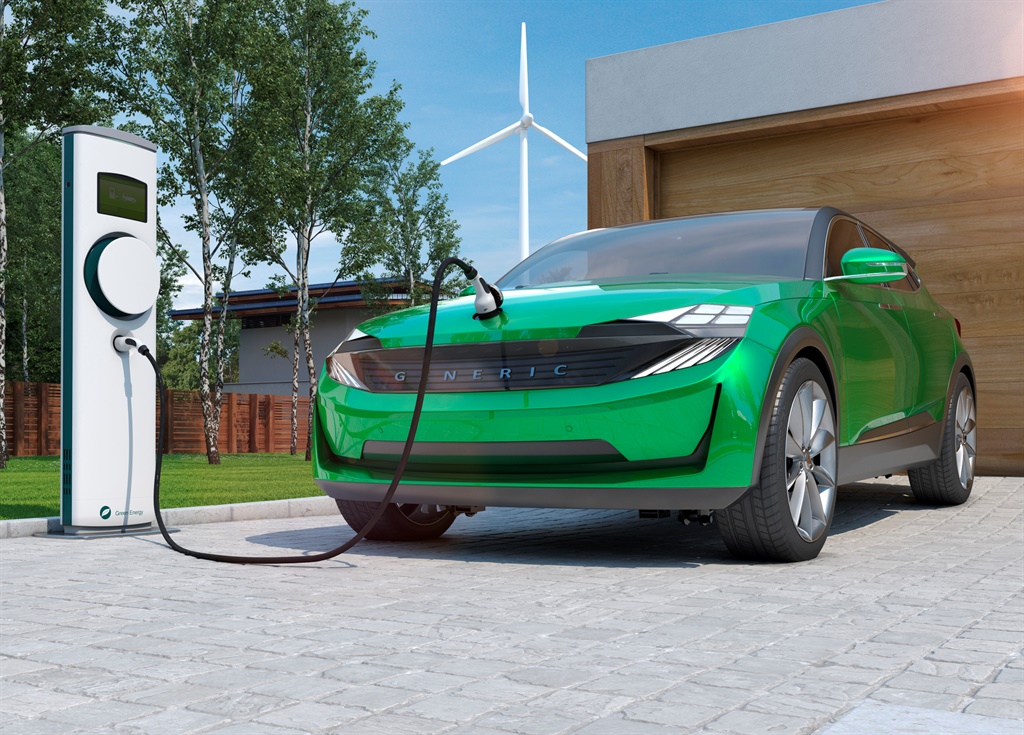
With 535 000km of road and 21 000km of rail, South Africa needs to address the issue of greenhouse gases produced by the transport industry and its impact on climate change.
Emissions from the sector account for 10.8% of the country’s total greenhouse gases emissions but in addition to these direct emissions, arising from the combustion of fuels, there are indirect emissions from the production, refining and transportation of fuels.
Sustainable development, applied to transport systems, requires the promotion of linkages between environmental protection, economic efficiency and social progress.
Transport systems form the backbone of South Africa’s socioeconomic activities, through enabling the connection of people with each other, services and facilities and, together with the transportation of goods are fundamental to the economy of South Africa.
However, this must be done in a sustainable manner, hence the institution of the South African National Energy Development Institute’s cleaner mobility programme, in conjunction with the department of transport.
The programme strives to implement “cleaner mobility solutions”, focussed mainly in cities and other niche markets and investigates and demonstrates alternative ways of mobility that will lead to the improvement of the environmental, social and economic conditions.
Solutions that are clean in terms of exhaust emissions, efficient in terms of energy consumption and fit for purpose in terms of mobility objective are being designed and developed across the world.
The public transport system is the primary mode of transport in South Africa and plays an essential part in the daily life of the general South African population, with 40% of South Africans making use of public transport to commute.
Overall, 67% of those who use public transport are on minibus taxis.
Electric vehicles usage increases slowly
About 1 000 electric vehicles have been sold in South Africa to date.
However, the uptake of electric vehicles is much slower than in other parts of the globe.
In 2018, around 1.6 million electric vehicles were sold in the US, Europe and China collectively.
China is the world’s leader in electric vehicles, according to the International Energy Agency.
The China Association of Automotive Manufacturers stated in April 2019 that its sales of battery electric vehicles had risen 83% on a year-on-year basis.
Sales of plug-in hybrid vehicles had risen 91% over the same period.
Research firm TrendForce predicts in the Global Automotive Market Decode for Q1 report that electric vehicle shipments will reach 5.15 million in 2019, representing year-on-year growth of 28%.
Proposed solutions
The South African National Energy Development Institute has proposed several solutions to achieve cleaner mobility.
One of these is the natural gas project, which has begun to take a foothold in the South African market in both the minibus taxi industry and in the cities’ metro bus systems.
While not as greenhouse gases friendly as renewable energies or pure biogas, natural gas produces less emissions than the current fossil fuels being used in the country.
As such, it could serve as a potential transition fuel to stimulate biogas production by developing a potential off-take market.
While rail and bus networks serve as a trunk service in parallel with minibus taxis, minibus taxis are a key feeder into these services – transporting passengers their first and last kilometre.
This service is critical, given the context of South Africa’s low population densities, long travel distances as well as modal and structural inefficiencies.
This first and last kilometre service provides commuters with greater access and convenience.
The department of transport’s national land transport strategic framework includes a move to a corridor and node approach, which will continue to create demand for integrated feeder services.
An encouragement to use non-motorised transport is also under way.
Instituting “no-car zones”, with most of the central business districts being closed off for car use, would emphasise eco-mobility modes of transport such as walking and cycling, as the preferred mode of transport.
This extensive network of cycle lanes and pedestrian walkways would reorient South Africa’s towns and cities away from cars towards people.
The investment in non-motorised transport infrastructure will yield a double dividend in terms of human health, by both reducing harmful air pollution and promoting healthy exercise.
The replacement of fossil fuels by vehicle technologies with low or zero tailpipe emissions, such as electric and fuel cell vehicles would lead to a reduction in the carbon intensity of motorised transport.
The uptake in electric vehicles in South Africa has improved and electrical charging stations are being installed on long distance routes, as well as urban points.
As it is Transport Month, we encourage all South Africans to consider ways in which they can reduce their transport emissions and help in the combating of climate change.
• Barry Bredenkamp is general manager for energy efficiency at the South African National Energy Development Institute.
 | ||||||||||||||||||||||||||
Get in touchCity Press | ||||||||||||||||||||||||||
| ||||||||||||||||||||||||||
| Rise above the clutter | Choose your news | City Press in your inbox | ||||||||||||||||||||||||||
| City Press is an agenda-setting South African news brand that publishes across platforms. Its flagship print edition is distributed on a Sunday. |




 Publications
Publications
 Partners
Partners








